Is practice a waste of time?
What do you do to prepare when you've got a big presentation coming up?
If you're like most of the professionals I know, it looks something like this:
Your team knocks together a Powerpoint based on your recent work.
You write an accompanying script.
You practice the script... for hours and hours.
I'm not going to lie, this process makes me die a little inside.
Firstly, because the flow and structure of the presentation has its genesis in a Powerpoint document, which is not the ideal strategy for creating an engaging speech.
Secondly, because by practicing a written script, whilst you get better at saying particular sequences of words, you're generally doing so at the expense of communicating effectively.
The reason a speech is so much more powerful than an email is that it is delivered by a human. The delivery has nuance, empathy, enthusiasm, and serendipity. All of these things are lost when you practice a script until it's word perfect.
(This is why most TED talks are, frankly, boring as batsh*t).
It's true that practice is key to high performance. The problem isn't the act of practicing your speech. The problem is we tend to practice the wrong aspect of the speech.
Most people, when practicing a speech, quietly mumble a specific set of words (the script) over and over again.
We know, however, that practice doesn't make perfect, practice makes permanent. Meaning, whatever we do in practice, is what we're likely to do in the performance.
When most people "practice" public speaking, what they're really practicing is mumbling, and looking down at notes, two things you really DON'T want to do when you're speaking with a real audience.
So, try this. Practice smiling. Practice laughing with an (imaginary) member of the audience. Practice listening to an (imaginary) member of the audience, and reacting to them. Practice speaking from the heart on the topic without a script.
Practice who you're planning on being on stage. The specific words you use when you're up there honestly don't matter that much.


